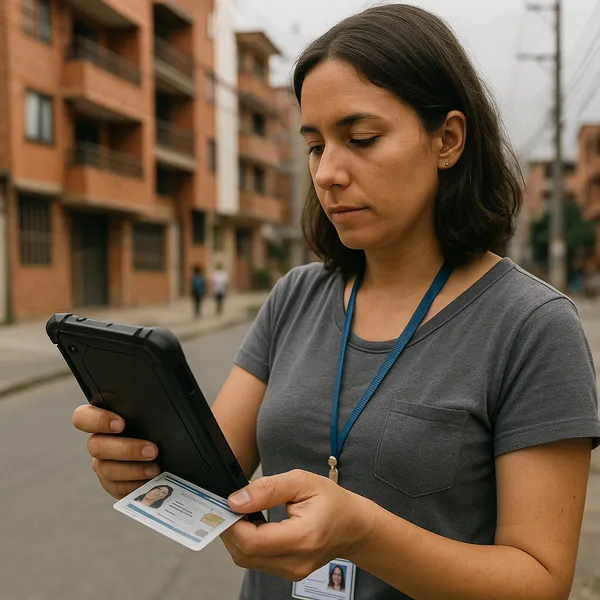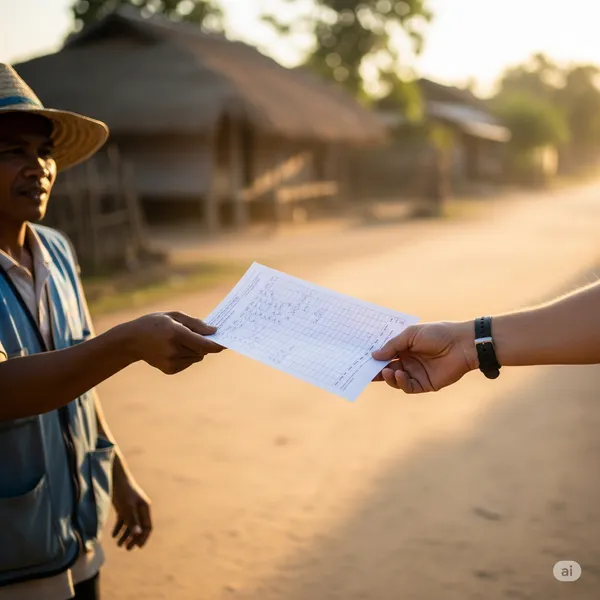The Strategic Necessity of Independent Verification in Development Portfolios
Published on: Fri Nov 15 2024 by Ivar Strand
Beyond the Balance Sheet: Why Independent Verification is Crucial for Development Aid Effectiveness
The global development sector manages vast financial flows intended to produce tangible social and economic outcomes. A core fiduciary duty for any donor—be it a national government, a multilateral institution, or a private foundation—is to ensure these funds are used effectively. However, a persistent gap often exists between reported expenditures and verified results on the ground.
This challenge highlights the limitations of relying solely on self-reporting by implementing partners. While essential for partnership and operational insight, self-reported data is subject to inherent methodological challenges, including optimism bias and a natural incentive to present projects in the best possible light. It does not, by itself, satisfy the requirements for robust accountability.
What is Third-Party Monitoring?
Third-Party Monitoring (TPM) is a management tool designed to address this gap. This is about commissioning an independent, objective entity to collect data directly from the field, verifying programmatic activities against a set of predetermined indicators. A TPM provider operates at arm’s length from the implementer, with its primary duty being the impartial assessment of progress and the reporting of verifiable facts.
The fundamental idea is that objective verification strengthens the entire aid delivery chain. It is not an indictment of implementers but a necessary component of professional financial and programmatic management in complex environments.
The Core Benefits of Independent Verification
At Abyrint, we have found that a well-executed TPM system delivers four primary benefits that go far beyond simple compliance.
- Enhanced Accountability. Independent verification provides financing agencies with objective evidence that resources are being used as intended and are reaching the specified beneficiaries. This strengthens accountability not only to the funding taxpayer or institution but also to the recipient communities themselves.
- Improved Programmatic Adaptation. TPM delivers timely, ground-truthed data on what is—and is not—working. This near-real-time feedback allows program managers to make informed, evidence-based adjustments during the project lifecycle, rather than waiting for a post-mortem evaluation. It transforms monitoring from a reporting exercise into an active management tool.
- Fiduciary and Reputational Risk Mitigation. By providing an independent check on activities, TPM serves as a powerful deterrent to the misuse of funds and helps identify operational bottlenecks before they escalate into crises. This protects the financial investment and shields the donor and implementer from reputational damage.
- Strengthened Beneficiary Voice. A key function of many TPM initiatives is to directly engage with the individuals and communities a project is designed to serve. This closes a critical feedback loop, ensuring that the perspectives of beneficiaries on service quality and impact are captured and relayed to decision-makers.
From Trust to Evidence
Ultimately, independent verification is not about a lack of trust; it is about supplementing trust with empirical evidence. It professionalizes the practice of development by ensuring that decisions are guided by objective data. For financing agencies serious about aid effectiveness, moving beyond the balance sheet to embrace systematic, third-party verification is no longer an option, but a core component of responsible stewardship.



